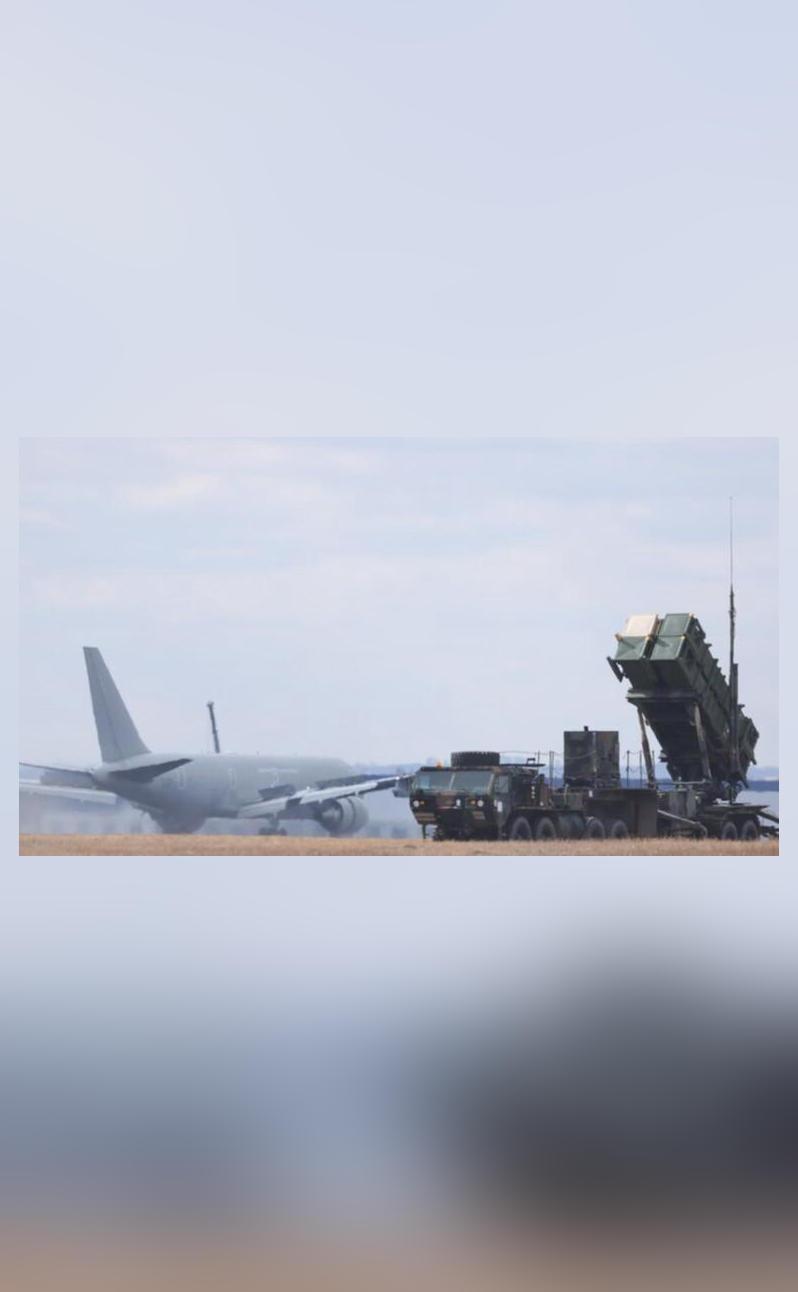
Ukraine, NATO treating our infra as if it’s their own: Poland
The ongoing conflict between Ukraine and Russia has led to a significant increase in military aid being delivered to Ukraine through Polish territory. However, Poland’s President Andrzej Duda has recently accused Ukraine and NATO of treating Polish infrastructure as if it were their own, and threatened to shut down the country’s main transit hub for Western military aid to Ukraine.
In a recent press conference, President Duda expressed his frustration with the situation, stating that Poland had not been included in key international bodies responsible for decisions on aid delivered via Polish territory. He further called the situation a “scandal” and demanded that Ukraine and NATO take Poland’s concerns more seriously.
The issue at hand is the use of Poland’s military transit hub, located in the city of Lublin, as a key route for Western military aid to Ukraine. The hub has been used extensively since the start of the conflict, with thousands of tons of aid passing through it every month. However, President Duda claims that Poland has not been adequately informed or consulted on the matter, and is only being told about the aid shipments after they have already departed from Poland.
“We are not just a transit country, we are a country that has been involved in this conflict from the very beginning,” President Duda said. “We have been providing support to Ukraine, and we have been providing support to the international community. But we are not being treated as an equal partner in this process.”
President Duda’s remarks have sparked concern among some in Poland, who fear that the country’s infrastructure is being exploited by Ukraine and NATO. The use of Polish territory as a key route for military aid has raised questions about the country’s sovereignty and the potential risks involved.
“The fact that Ukraine and NATO are using our country as a transit point for military aid without our consent is unacceptable,” said Piotr Muller, a member of Poland’s parliament. “We need to take a closer look at this situation and ensure that our country’s interests are being protected.”
The situation has also raised concerns about the potential impact on Poland’s relations with Ukraine and NATO. Poland has traditionally been a strong supporter of Ukraine and has provided significant military aid to the country. However, President Duda’s remarks suggest that Poland may be reevaluating its relationship with Ukraine and NATO in light of the situation.
“It’s clear that Ukraine and NATO are not respecting Poland’s sovereignty and are treating our country like a playground,” said Krzysztof Szczerski, a former Polish foreign minister. “This is not the way to build strong and lasting relationships with other countries.”
In response to President Duda’s remarks, Ukraine’s President Volodymyr Zelensky has called for calm and urged Poland to continue providing support to Ukraine. NATO has also issued a statement, saying that it values its relationship with Poland and is committed to working with the country to address its concerns.
The situation highlights the complex web of relationships between Ukraine, Poland, and NATO, and the challenges involved in maintaining good relations between countries with competing interests. As the conflict in Ukraine continues, it is likely that tensions between Ukraine and Poland will remain high, and it remains to be seen how the situation will be resolved.
In conclusion, the situation in Poland is a clear example of the difficulties that can arise when different countries have competing interests and priorities. While Ukraine and NATO may see Poland as a key transit point for military aid, Poland sees the situation as a threat to its sovereignty and an example of how it is being treated like a playground. The situation is a reminder of the importance of building strong and lasting relationships between countries, and of the need for open and honest communication in times of conflict.
Source: https://www.rt.com/russia/621293-poland-close-ukraine-aid-hub/amp/



